Uncover the finite and renewable resources the Earth provides us with
The Earth contains many different resources that we all use and depend upon on a daily basis. It is important to consider the types of resources we are using and compare their impact on the environment.
Humans use Earth’s resources for everything, from keeping us warm, to shelter, food and transport.
Download this
Infographic poster, fact sheet and differentiated worksheets with three levels of scaffolding. Display the poster in your classroom or on a projector. Alternatively, print it and use as a handout.
Use the accompanying resource as a Directed Activity Related to Text (DART). The resource consists of ten questions on Earth’s resources followed by calculations based on global oil production, using statistical data from BP.
Finite or renewable
Finite resources are those which will run out because they cannot be replaced, such as fossil fuels. Renewable resources are those which will not run out as fast as they can be replaced, such as trees. This is why planting trees is so important, as they must be replaced at the same rate they are being used up.
More resources
- Use the context of lithium mining in Cornwall to test your 11–14 learners’ knowledge of separation techniques; elements, mixtures and compounds; periodic table trends with this assessment for learning worksheet.
- Should we be using artificial fertilisers? 11–14 learners research, role play and debate in this Feed the world activity.
- Many people think of polymers simply as plastics used for packaging, in household objects and for making fibres, but this is just the tip of the iceberg. Discover the wide usage of polymers in everyday things with this resource aimed at learners aged 11–14.
- Share this job profile with learners, as project manager Trevor discusses his unique role, promoting the value and uses of gold to different industries.
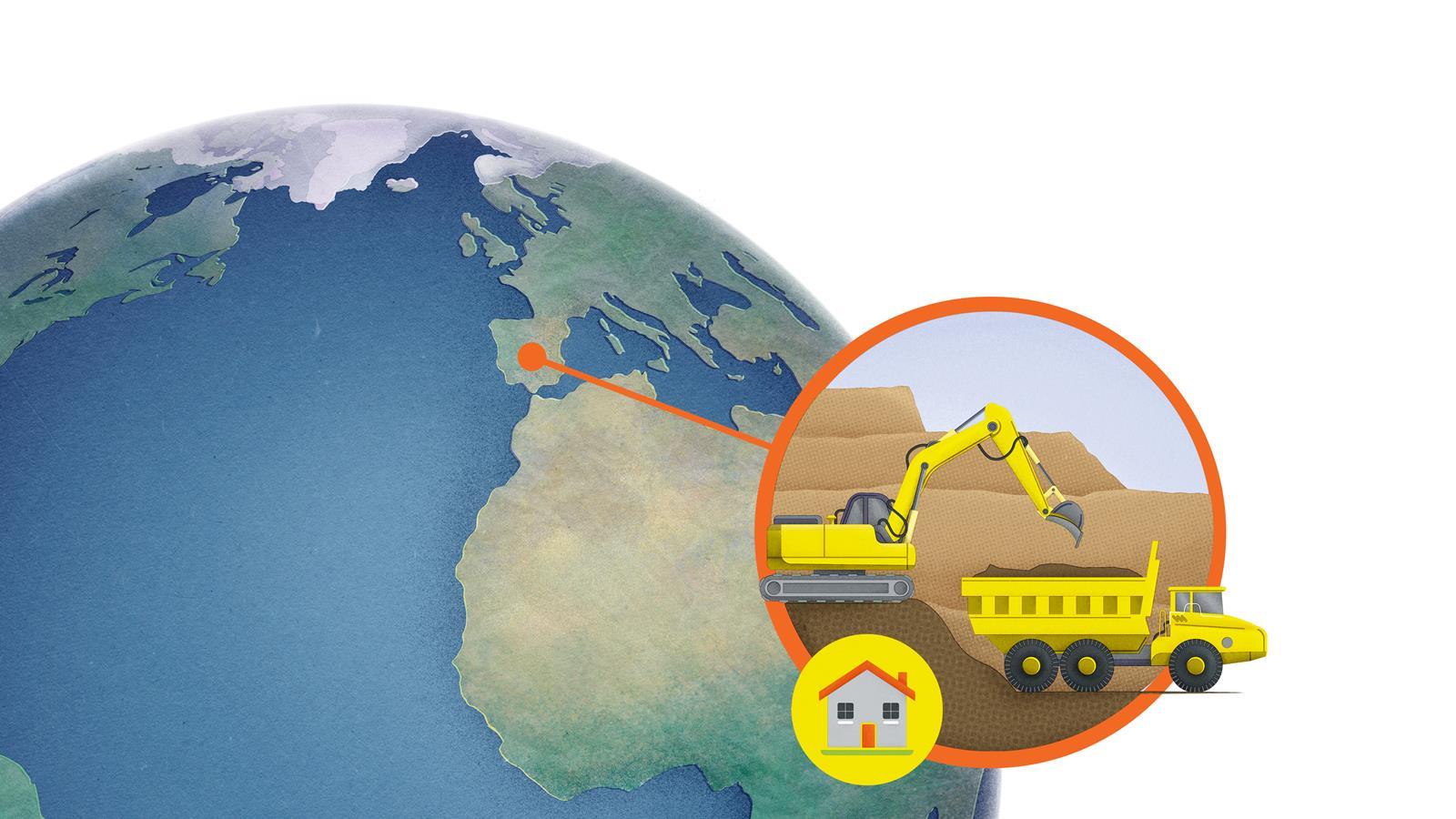
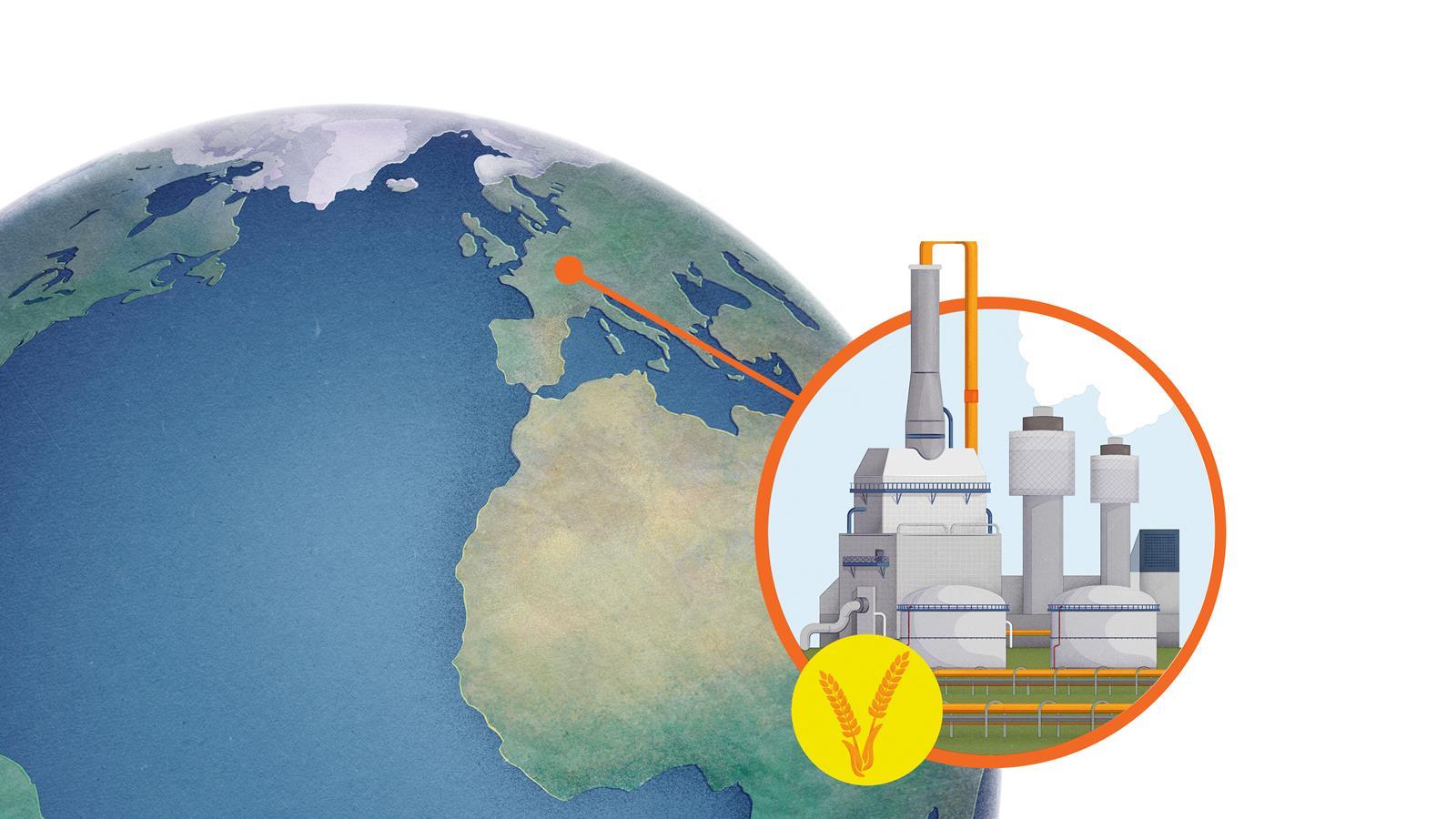
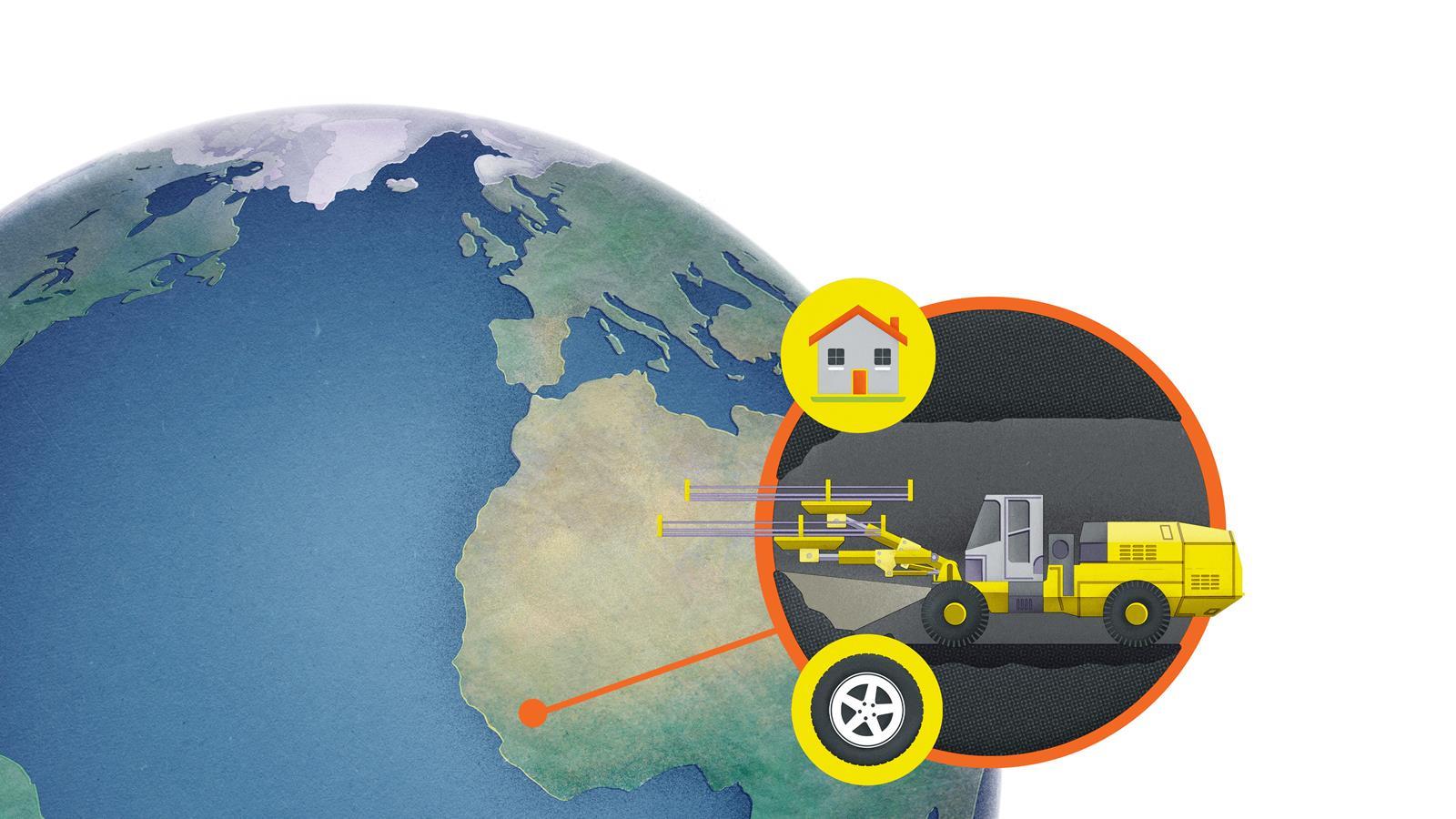
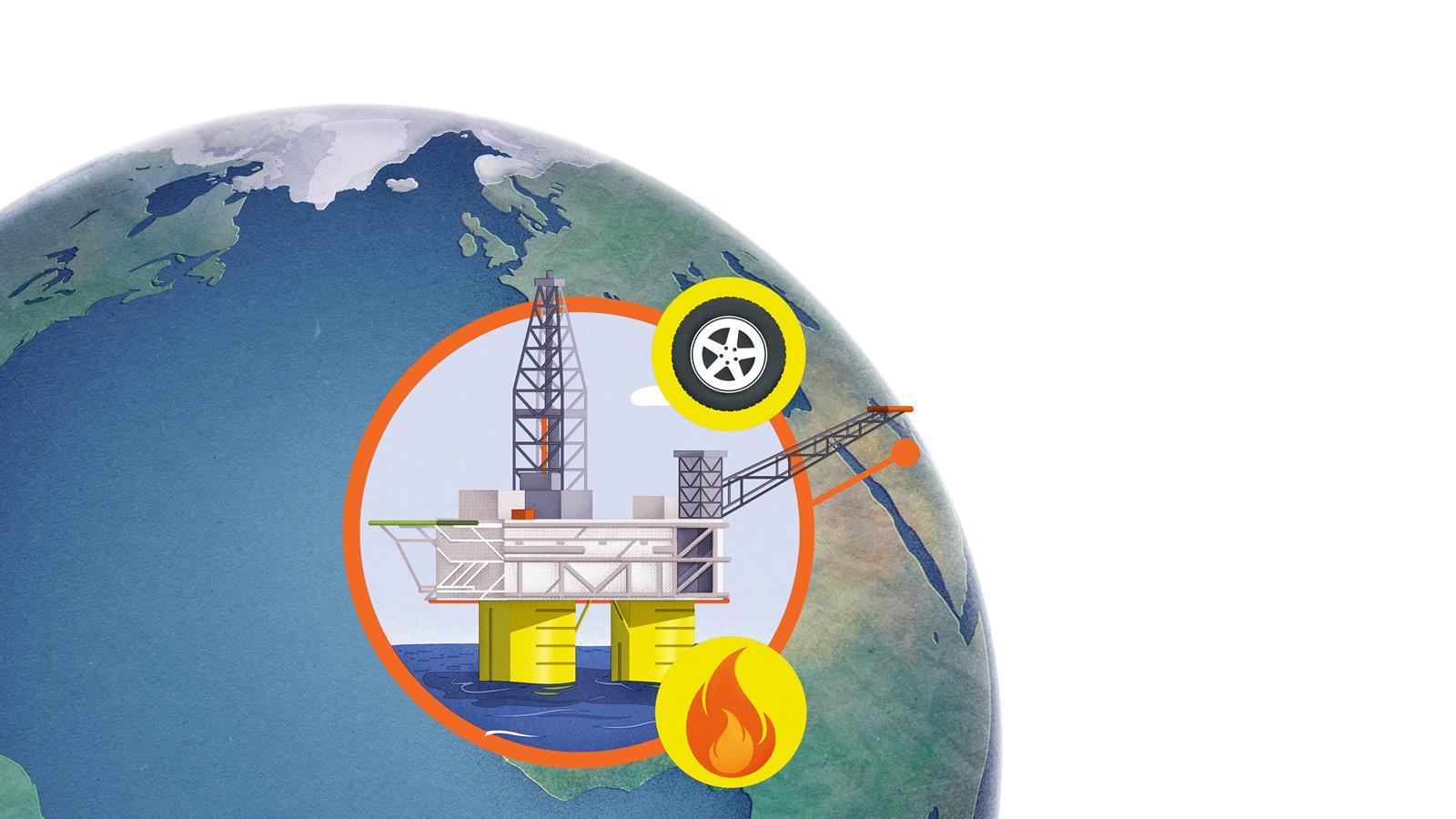
Building materials: mined mostly in Spain, slate is a metamorphic rock and is commonly used as roofing for houses. It is an example of a finite resource
Industrial processes: the Haber process, which is used to make ammonia for fertilisers, was developed in Germany
Metal extraction: Guinea has the largest world reserves of bauxite. This ore contains aluminium and gallium, which we use to make cars and window frames
Energy sources: Saudi Arabia is the second largest producer of oil, behind only the United States. This oil is refined and then we use it as fuels for cars and planes, and to heat our homes
Did you know…?
While Guinea has the largest bauxite reserves, Australia is the world’s largest producer.
Venezuela has the largest oil reserves in the world. Reserves are an estimate of the amount of a resource that has the capacity to be extracted in the future.
Natural or synthetic products
Synthetic products, such as plastics, medicines and composites, are made by humans using chemical reactions in a laboratory. Natural products are formed from plant and animal processes, for example wood and silk.
All illustrations © Dan Bright
Want more?
If you want more posters and downloadable activities for teaching 11–14 science, try the poster on the periodic table with an elements activity or the water cycle poster with structure strips. There’s plenty more to choose from. And for support on how to teach Earth science topics for your 11–14 learners, read these CPD articles:
CPD support
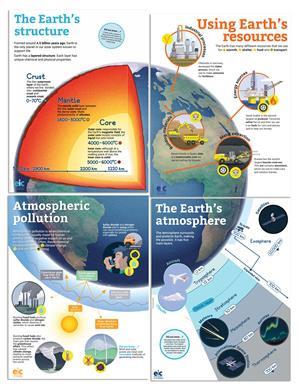
Get the full set of Earth posters
This poster fits with three others to make one large poster of the Earth. Complete your giant Earth poster by downloading...
- Earth's structure, with an information card and pie chart activity.
- Earth's atmosphere, with scaffolded DART worksheets.
- Earth's atmospheric pollution, with an activity to develop critical thinking and scientific literacy within this context.
Downloads
Earths resources poster
PDF, Size 1.21 mbEarths resources student fact sheet
PDF, Size 0.11 mbEarths resources student worksheet unscaffolded
Handout | PDF, Size 0.15 mbEarths resources student worksheet partially scaffolded
Handout | PDF, Size 0.16 mbEarths resources student worksheet scaffolded
Handout | PDF, Size 0.18 mbEarths resources teacher notes and answers
Handout | PDF, Size 0.16 mbEarths resources student fact sheet
Word, Size 0.43 mbEarths resources student worksheet unscaffolded
Editable handout | Word, Size 0.44 mbEarths resources student worksheet partially scaffolded
Editable handout | Word, Size 0.44 mbEarths resources student worksheet scaffolded
Editable handout | Word, Size 0.44 mbEarths resources teacher notes and answers
Editable handout | Word, Size 0.42 mb




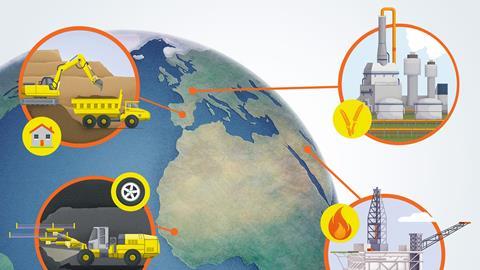

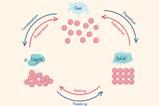
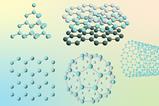
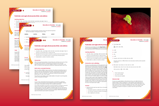






No comments yet